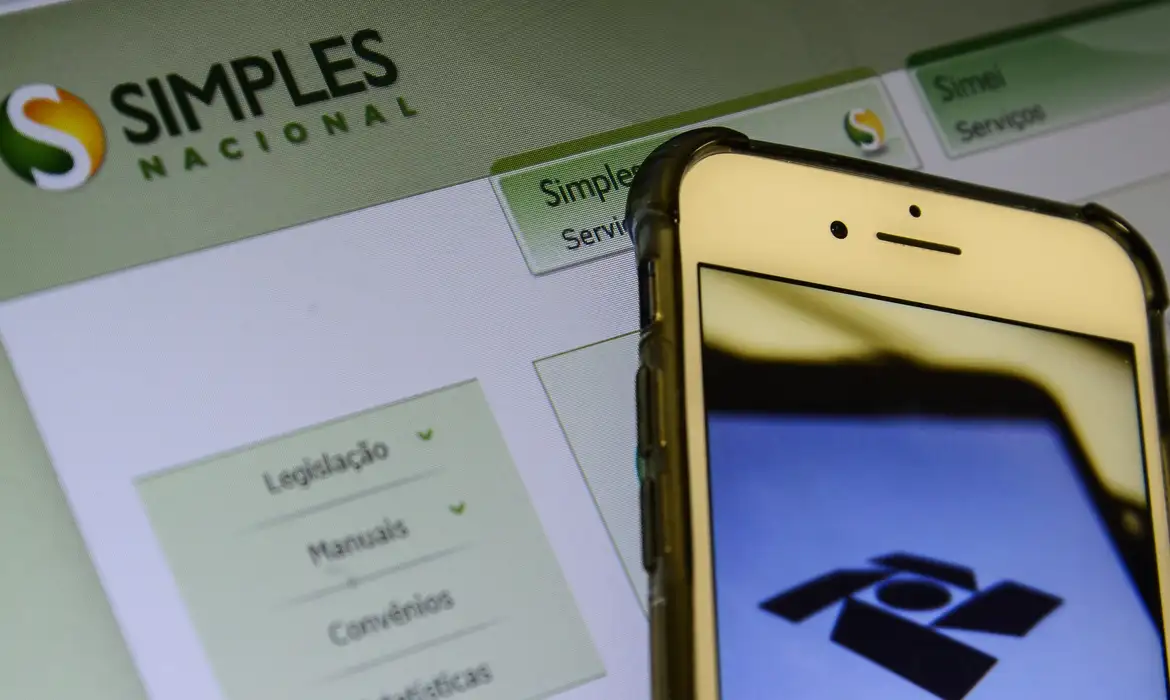Participatory PPA: federal government collects proposals in Porto Alegre




Maria do Carmo Bittencourt, representative of the Rio Grande do Sul State Women’s Forum, was one of the people who used the microphone and defended several proposals, including strengthening the fight against gender violence and a subsidized credit program that benefits women peasant women.
“We also want to defend that the National Care Policy enters the PPA. We know that the government has already launched the National Care Policy, but we need it to enter the budget with great force”, he charged. In May, the government announced the setting up of a working group to draw up a project aimed at guaranteeing the rights of people who exercise caregiver functionwho are mostly women, either family members or paid workers.
The PPA is one of the three budgetary laws in Brazil, alongside the Lei de Diretrizes Orçamentárias (LDO) and the Lei Orçamentária Anual (LOA). It is always prepared in the first year of the presidential term and indicates what will be the priorities for investment of resources and for the creation of public policies. Through it, the axes, guidelines and strategic objectives of the government are defined, as well as the programs and goals that will allow the achievement of these objectives. The new PPA will be valid for the period 2024-2027.
Through the caravan, which is going through all the states, the government seeks to elaborate a PPA in a participatory way, based on a popular consultation process. “I want you to understand that not everything you want will be approved, because the National Congress is going to approve it. But Congress has to know that the budget is not just the government’s. Congress will have to know that the budget has the people’s finger and that it is necessary to respect the changes that the people want to make”, said President Luís Inácio Lula da Silva to the audience present at the caravan opening occurred on May 11 in Salvador.
At the plenary session held this Saturday in Porto Alegre, Simone Tebet made a partial assessment of her travels across the country. “This is a continental Brazil. We are going all over Brazil. It is interesting how Rio Grande do Norte has very specific demands, different from the demands and requests of Rio Grande do Sul. But there are some things that are the same, that unite. The that unites the Brazilian people is infinitely greater than the differences”, he said, highlighting the defense of democracy.
Márcio Macedo criticized the government of Jair Bolsonaro, which ended last year. “This is a time for reopening society’s participation channels. In the last four years, all social participation in our country has been dismantled. Some councils have been closed and others have been persecuted. Conferences have been banned. Social participation has run out of space” , he stated. Two other ministers were also present: Alexandre Padilha, chief minister of the Institutional Relations Secretariat, and Paulo Pimenta, chief minister of the Social Communication Secretariat.
With the holding of the plenary in Rio Grande do Sul, only the states of the Southeast remain pending. According to the schedule published on the website of the General Secretariat of the Presidency of the Republic, the caravan will carry out the stage in Minas Gerais on Wednesday (12). On Thursday (13), activities are planned in the morning in Rio de Janeiro and at the end of the day in Espírito Santo. The last plenary should take place on Friday (14) in São Paulo.
The activities have involved the presence of various entities, such as councils, associations, unions and non-governmental organizations. There is another possibility of participation in the PPA. Any citizen can, through the Brasil Participativo digital platform, giving an opinion on the definition of programs and proposals. Contributions must be made by next Monday (10). According to Márcio Macedo, more than 5,000 proposals have already been registered, which together have already received more than 800,000 votes. In all, 2.1 million people accessed the platform.
At the end of the popular consultation process, the General Secretariat of the Presidency of the Republic will systematize the contributions of the population and forward them to the Ministry of Planning, which will submit them for analysis by the technical teams for eventual incorporation into the final text of the PPA. The plan must be delivered to the National Congress by August 31, following the LOA, for debate and voting by parliamentarians. The rapporteurship has already been assigned to federal deputy Elvino Bohn Gass (PT-RS).
Foto de
PPA Participativo,Simone Tebet,Economia




